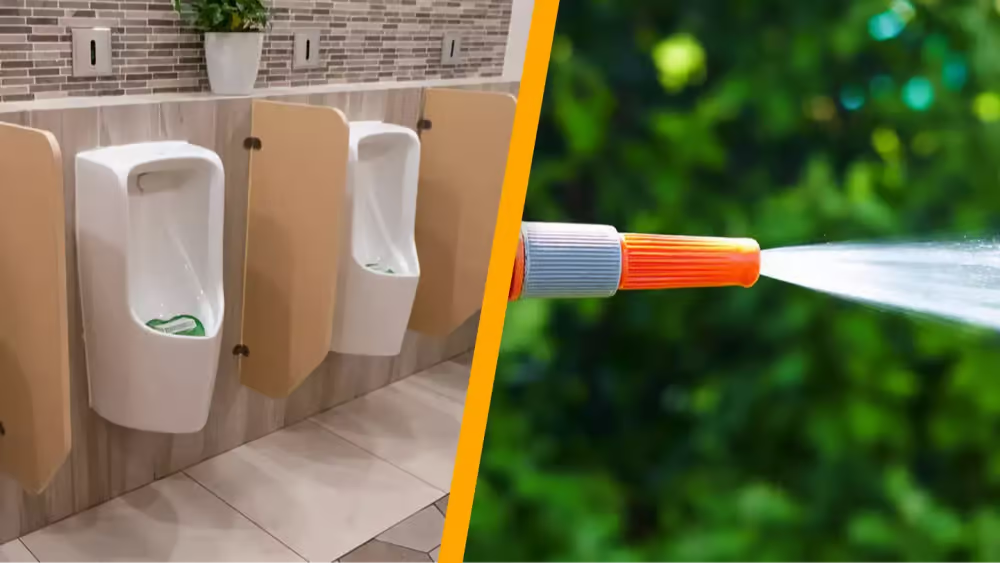While it might seem like urinating is a straightforward activity, there’s actually more to it than meets the eye when it comes to relieving your bladder.
The tranquility of sitting down for a pee, gazing into the void of the bathroom, allowing your thoughts to drift, and savoring a moment of calm before re-entering the hustle of daily life — is it just me?
However, you might want to focus a bit more the next time you head to the bathroom. Fortunately, scientists have devised a ’21 second rule’ to guide you, which is simple to adhere to.
Mechanical engineering students at Georgia Institute of Technology explored how the duration of our urination can reflect our health.
In their research, the team examined high-speed footage of various animals urinating and introduced the concept of ‘The Law of Urination’.
Their findings revealed that animals weighing over three kilograms (6.6 pounds) typically take about 21 seconds to empty their bladders, whereas smaller animals, like rats, require only a fraction of a second.
According to IFL Science, the study confirmed that urination duration is not solely influenced by bladder pressure; gravity plays a role as well.

In a 2014 publication, the study poses the question: “How can bladders of both 0.5kg and 100kg be emptied in nearly the same duration? Larger animals have longer urethras, and so greater gravitational force driving flow.
“These long urethras increase the flow rate of larger animals, enabling them to perform the feat of emptying their substantial bladders over approximately the same duration.”
The research also determined the optimal duration for human urination.
Therefore, next time you head to the bathroom, use a stopwatch to check if you hit the ideal 21 seconds.
If your time is significantly shorter or longer, it might indicate you’re either visiting the restroom too frequently — perhaps to avoid tasks — or not frequently enough — workaholics, take heed.

Frequent urination might lead to an ‘overactive bladder’, whereas holding in urine too long can result in a UTI, which you definitely want to avoid.
Additionally, infrequent bathroom visits could increase the risk of kidney disease and may cause bladder enlargement or even rupture.
So, make sure to stay hydrated and don’t skip those bathroom breaks.

